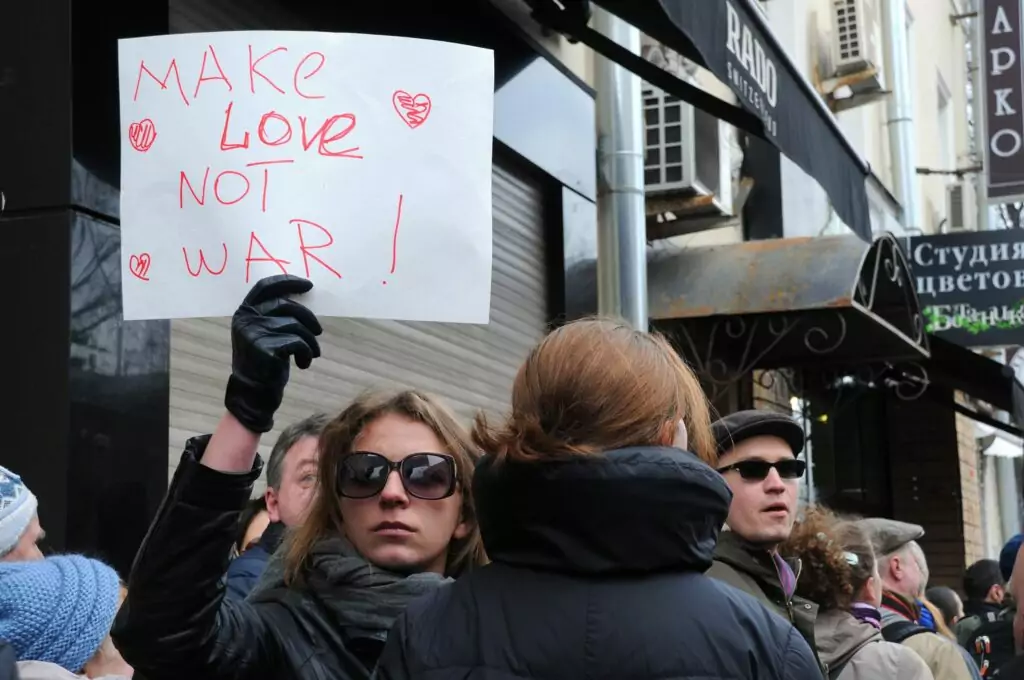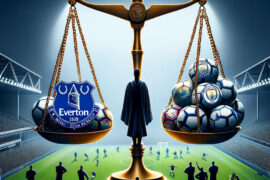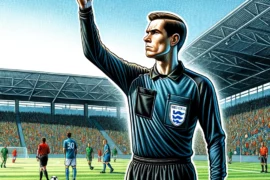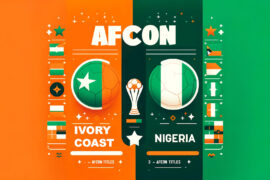For the second time in as many years, international sports federations find themselves grappling with the question of how to respond to political conflict involving member countries.
Do gatekeepers reiterate sport’s neutral stance, the long-held but intermittently violated principle that sport and politics do not mix? Or will the contention that sport does not exist in a vacuum, ergo, must choose a side, hold sway again?
A recent precedent
We don’t even have to go too far back in history to demonstrate that sport’s cherished neutrality in a time of political conflict, though jealously guarded, is not necessarily inviolable.
Sport made a rod for its own back when it picked a side in the Russian-Ukrainian war. Let we forget, that war is still raging.
A recent precedent was set for handling similar future situations, with Palestine and Israel conflict providing the latest test for sport’s response to politics and war.
By deviating from its stance as apolitical when confronted by the Russo-Ukrainian war, sport was not necessarily setting a precedent, but rather following a path it had traversed in the past, most notably during the fight for the abolishment of apartheid in South Africa.
After standing with Ukraine and unequivocally condemning and sanctioning Russia as the aggressor, observers are waiting to discover whether sport will make similar pronouncements on Israel and Palestine.
Therein lies the dilemma, because the contexts and backgrounds to the two conflicts differ significantly.
Double standards?
Sport is in an invidious position, damned if it does, damned if it doesn’t.
A collective and binding position on the Israel-Palestine war is yet to emerge, leaving individual countries’ sport governing bodies to their own moral consciences.
The absence of a consensus has many pointing accusatory fingers at international sports federations. Inevitably, charges of hypocrisy are being levelled against sport.
Both the Ukraine-Russia war and the Israel-Palestine conflict divide opinion, and the later arguably more sharply than the former.
While it was a lot easier to mobilize outrage against Russia and drum up sympathy for Ukraine, there is reticence about picking sides between Israel and Palestine. The war between the two sides is not a neat conflict between good and evil.
War time athletes
What does the future hold for athletes from the two countries at war and for those athletes who are sympathizers of either Israel or Palestine?
Two Euro 2024 qualifiers involving Israel – against Switzerland and Kosovo – were postponed for security reasons since the fighting broke out. In all likelihood the fixtures will be rescheduled.
By contrast, the Russia national football team that was on the cusp of qualifying for the 2022 Qatar World Cup was ejected from the competition and the Euro qualifiers. An array of athletes from other sporting codes were also banned from international competitions as the sins of the Russian government were visited on the country’s athletes.
When they were allowed to compete subject to set conditions, Russian athletes faced hostility, with customary sporting handshakes often snubbed by opponents.
So, what fate awaits Israeli and Palestinian athletes as the war between their two countries intensifies?
The world wants to see consistent application of moral ethical standards and considerations by international sport federations. There can’t be one rule for the Russia-Ukraine war and another for the Israel-Palestine conflict.
Acts of solidarity
Two years ago internationalsports federations picked a side and rallied behind Ukraine. “Football stands with Ukraine” banners were unfurled at stadiums and messages of solidarity broadcast over stadium PA systems. With football authorities’ blessing and encouragement, players wore T-Shirts emblazoned with messages of support for Ukraine.
Early indications are that athletes will be warned to watch their mouths and keep their opinions on the Israel-Palestine conflict to themselves. They will be reminded to stick to their sporting mandates and leave politics to politicians.
French League 1 side Nice have suspended a player, an Algeria international, for posting something on his social media platform which the club found disagreeable. Although the player has apologized and removed the “offending” post, his future at the club remains in the balance.
For now it looks like international sport federations are happy to err on the side of neutrality and will resist pressure to pick a side. Because neither party to the conflict is a sporting powerhouse the pressure on sport to stand with either Israel or Palestine is not as intense.
As things stand, sport is neither on Israel nor Palestine’s side, but on the side of humanity. Sport’s solidarity is with victims of the war on both sides. But for how long?
Make love, not war
Even as a desperate, desperate last resort, war should never be an option. But that is easier said than done.
Still, we must choose peace, always. Make love, not war.






